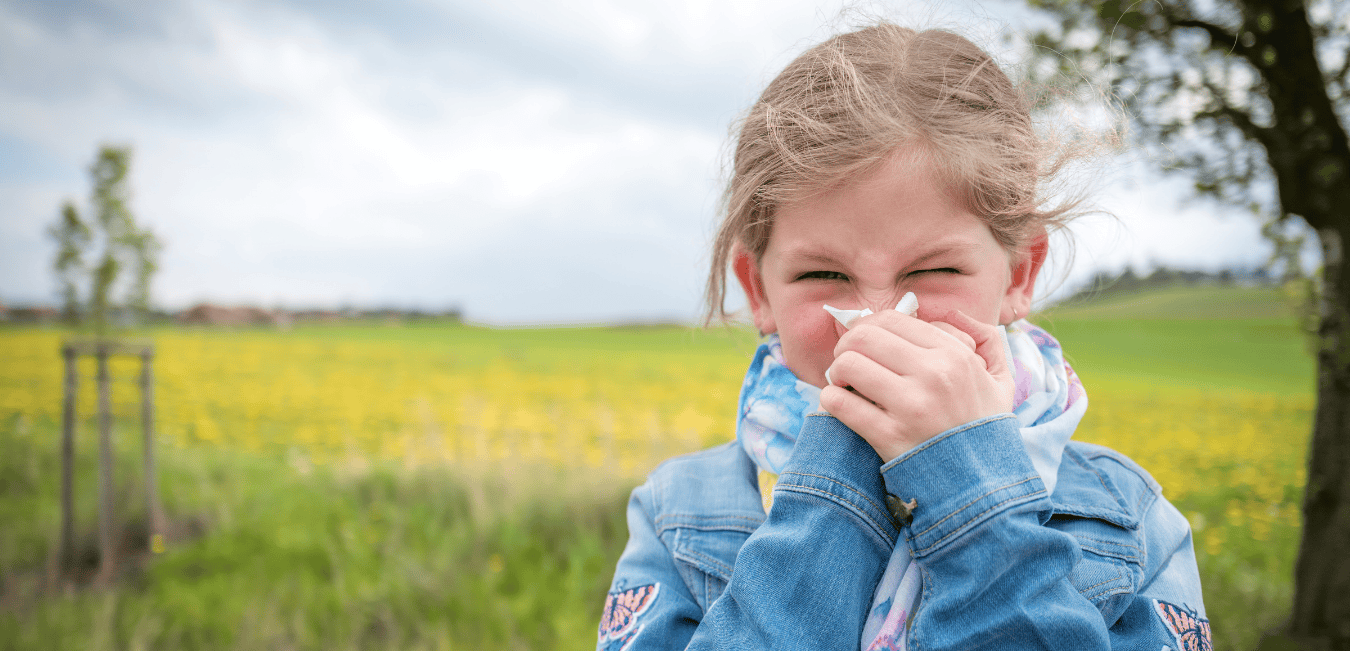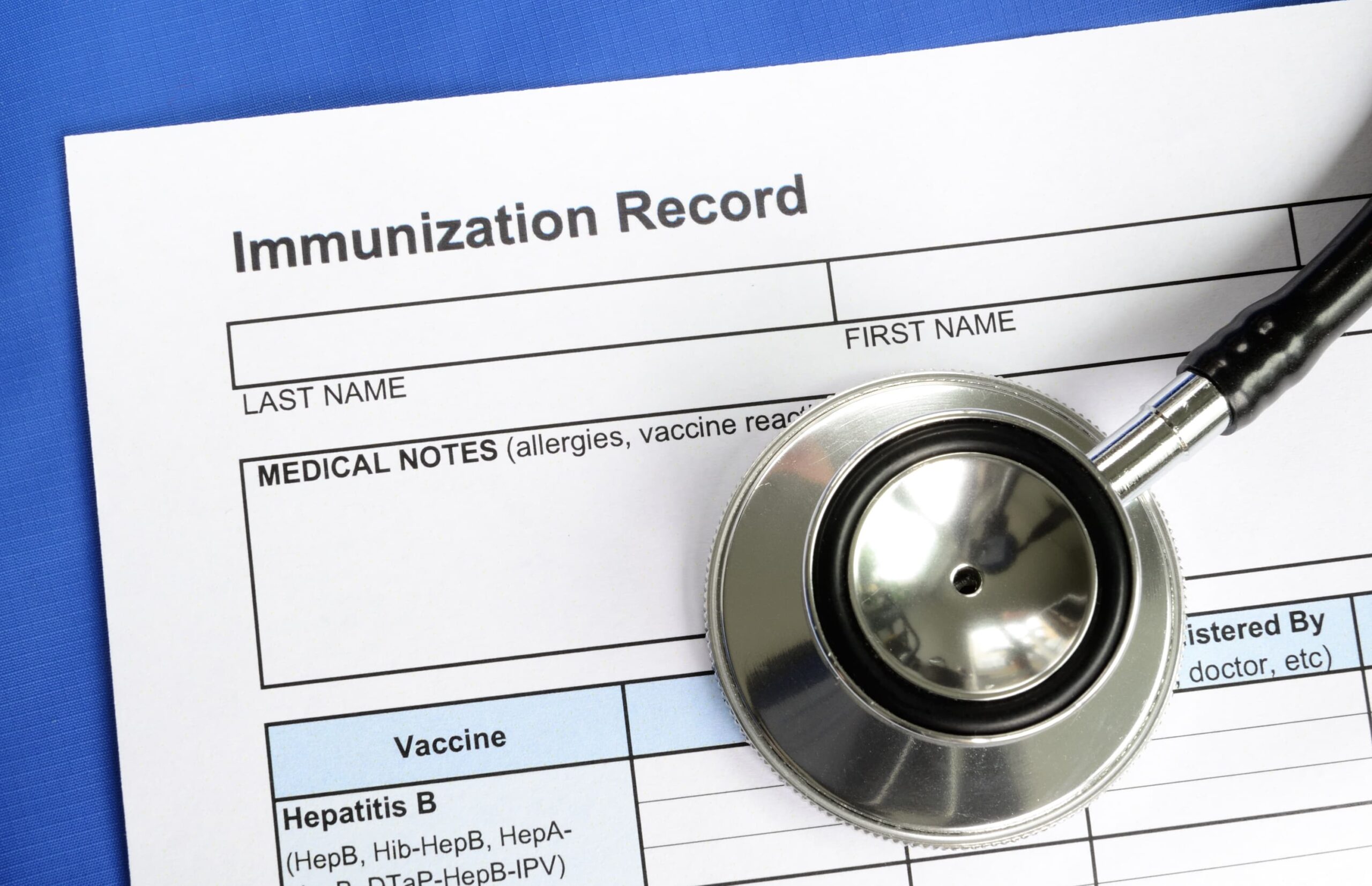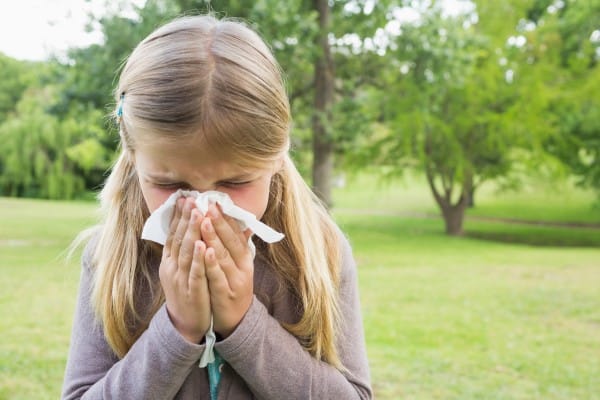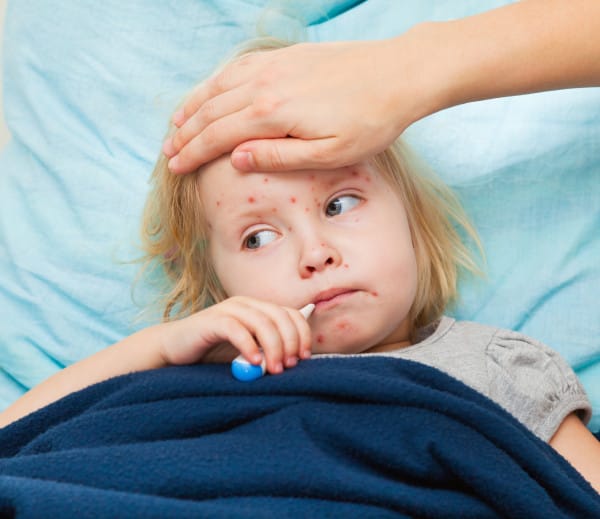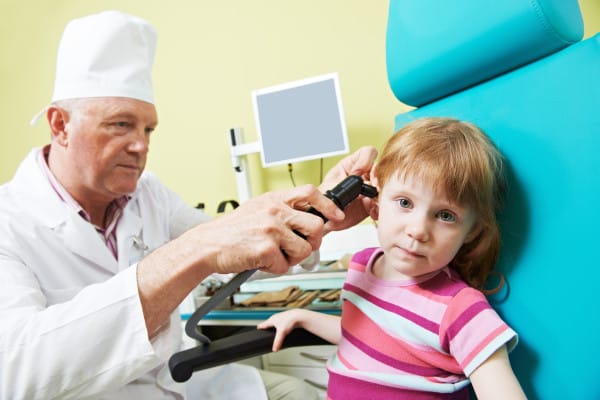Seasonal allergies (aka allergic rhinitis) can really put a damper on what should be a fun time of year for kids and adults alike. I recently wrote an article about my favorite ways to treat seasonal allergies naturally. In addition to natural or conventional allergy treatment, it is wise to reduce exposure to allergens as much as possible.
Seasonal allergies are usually caused by wind-borne pollen of trees, grasses, and weeds. Reducing exposure to pollen mostly focuses on keeping the inside in and the outside out and paying attention to the days when pollen exposure is this highest. Taking additional steps to care for the upper airway and improve indoor air quality overall can also help.
Improve Indoor Air Quality
- Keep doors and windows closed, especially during high pollen times (see below).
- Use an air purifier.
- Pay attention to cleaning products. Choose natural when possible.
- Avoid scented detergents, cleaners and air fresheners.
- Vacuum more often.
- Check and clean the filters for air conditioners, furnaces, and air pumps.
- Wash bedding often.
Pay Attention To High Pollen Days
- Lower pollen times are generally after a rain and in the late afternoon/early evening.
- Higher pollen times are generally overnight, in the morning, and when the weather is warm, dry, and windy.
- Pay attention to local pollen conditions if this information is available to you through your local weather station.
- Choose to do outdoor activity and work during low pollen times if possible.
- Wear a pollen mask during outdoor activities to help reduce symptoms. In one study, surgical masks and N95 masks were found equally effective at reducing allergic rhinitis symptoms.
Clean Things That Come Into The House
- Wipe down pets when they come inside.
- Wash clothes worn outside right away.
- Wipe down outerwear and promptly put it away in a closet.
- Keep shoes outside if possible.
- Shower after coming in from outside.
Protect & Moisten Upper Airways
- Neti pot saline rinse can help rinse allergens out of nasal passages.
- Stay hydrated and drink water and/or herbal tea throughout the day. Bonus points if the herbal tea is sweetened with local honey which can help with allergic rhinitis.
- Use of surgical masks may help to prevent allergy symptoms by increasing humidity in the mouth and throat.
- Note: even though humidity should help reduce allergens, I don’t recommend humidifiers at this time because in observational studies they are associated with worse seasonal allergy symptoms in many cases. This is possibly due to mold and/or cleaning products in the humidifier.
Summary
A complete plan for treating seasonal allergies should include lifestyle changes to reduce exposure to pollen. For people with mild allergies, just keeping the windows closed during high pollen times is enough. For people with severe allergies, doing as many of the items on this list as possible might be necessary.
For more information about how to treat seasonal allergies naturally, see: A Natural Approach to Seasonal Allergies – Dr. Green Mom.
References:
Dror, A. A., Eisenbach, N., Marshak, T., Layous, E., Zigron, A., Shivatzki, S., Morozov, N. G., Taiber, S., Alon, E. E., Ronen, O., Zusman, E., Srouji, S., & Sela, E. (2020). Reduction of allergic rhinitis symptoms with face mask usage during the COVID-19 pandemic. The journal of allergy and clinical immunology. In practice, 8(10), 3590–3593. https://doi.org/10.1016/j.jaip.2020.08.035
Periasamy, N., Pujary, K., Bhandarkar, A. M., Bhandarkar, N. D., & Ramaswamy, B. (2020). Budesonide vs Saline Nasal Irrigation in Allergic Rhinitis: A Randomized Placebo-Controlled Trial. Otolaryngology–head and neck surgery : official journal of American Academy of Otolaryngology-Head and Neck Surgery, 162(6), 979–984. https://doi.org/10.1177/0194599820919363
Satdhabudha, A., & Poachanukoon, O. (2012). Efficacy of buffered hypertonic saline nasal irrigation in children with symptomatic allergic rhinitis: a randomized double-blind study. International journal of pediatric otorhinolaryngology, 76(4), 583–588. https://doi.org/10.1016/j.ijporl.2012.01.022
Wang, J., Zhang, Y., Li, B., Zhao, Z., Huang, C., Zhang, X., Deng, Q., Lu, C., Qian, H., Yang, X., Sun, Y., Sundell, J., & Norbäck, D. (2021). Asthma and allergic rhinitis among young parents in China in relation to outdoor air pollution, climate and home environment. The Science of the total environment, 751, 141734. https://doi.org/10.1016/j.scitotenv.2020.141734
Lee, J., Yun, S., Oh, I., Kim, M. H., & Kim, Y. (2020). Impact of Environmental Factors on the Prevalence Changes of Allergic Diseases in Elementary School Students in Ulsan, Korea: A Longitudinal Study. International journal of environmental research and public health, 17(23), 8831. https://doi.org/10.3390/ijerph17238831
Asha’ari, Z. A., Ahmad, M. Z., Jihan, W. S., Che, C. M., & Leman, I. (2013). Ingestion of honey improves the symptoms of allergic rhinitis: evidence from a randomized placebo-controlled trial in the East coast of Peninsular Malaysia. Annals of Saudi medicine, 33(5), 469–475. https://doi.org/10.5144/0256-4947.2013.469
